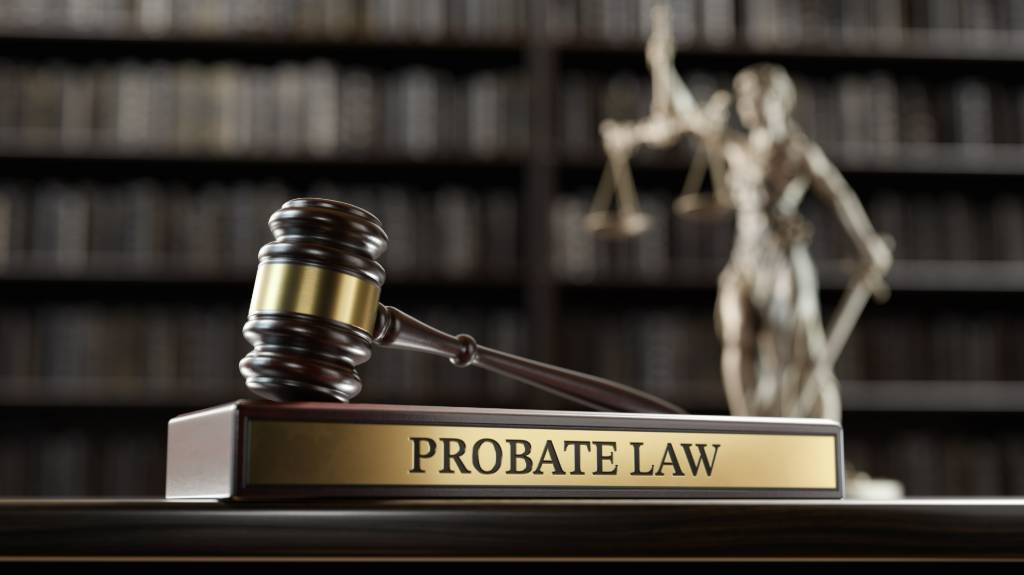How Does Probate Work in Kentucky?

When a person passes away, their belongings are typically distributed among their heirs, including family members, close friends, or organizations explicitly named in their Last Will and Testament or other estate planning documents. The legal process overseeing this distribution is known as probate. Probate is a court-supervised procedure designed to ensure that the deceased person’s property is distributed according to their wishes. This involves a thorough review of the decedent’s assets and settling any debts or taxes owed by the estate before the remaining property can be distributed to the heirs. If an individual dies without a Will, referred to as dying intestate, state laws dictate how the estate is divided. In the guide below, we will review the probate process in further detail and explain what it can mean for you and your loved ones.
The Probate Process
In Kentucky, the probate process involves a series of important steps to ensure the orderly distribution of a decedent’s estate.
Filing a Petition
Following a person’s death, the executor (if there is a Will) or the administrator (if there is no Will) must begin the probate process by filing a petition in the appropriate county court. This petition must be submitted in the county where the decedent was living at the time of their death. Along with the petition, the executor or administrator must provide the original Will, if one exists. This step officially opens the probate case and establishes the court’s authority over the estate.
Taking Inventory
Once the petition is accepted, the appointed executor or personal representative must compile a detailed inventory of the decedent’s assets and liabilities. This list must include all property, bank accounts, investments, and any other valuables that the decedent owned, as well as outstanding debts, such as loans and credit card balances. This inventory must be filed with the court within 60 days following the appointment of the executor or administrator. This step is crucial for assessing the estate’s total value and determining how debts will be settled before distribution to heirs begins.
Final Settlement
After the inventory has been completed and filed, the next stage involves settling all debts and obligations of the estate. The executor or administrator must ensure that all valid claims against the estate are paid, including taxes due to the state and federal government. After settling all debts and taxes, the remaining assets can be distributed to the heirs. This distribution is carried out according to the specifications outlined in the decedent’s Will or Kentucky’s intestate succession laws. Finalizing this step typically involves submitting a report to the court detailing the distributions made and obtaining approval to close the estate.
How Can a Probate Lawyer Help?

Probate lawyers play an essential role in assisting executors or estate administrators throughout the probate process. When a legitimate Will exists, these attorneys ensure its proper execution, offering guidance on issues like asset distribution and tax responsibilities. They will also carefully examine the Will to verify that it was created and signed willingly, free from coercion or undue influence. When someone passes away intestate, probate lawyers can help the estate administrator navigate the complexities of state laws governing asset distribution. They work to secure the fair allocation of assets among heirs as stipulated by the state’s intestacy laws, which can differ widely by jurisdiction.
Contact Hoffman Walker & Knauf Today To Learn More
If you want to learn about the probate process or have a particular question to discuss with an experienced Kentucky probate attorney, reach out to Hoffman Walker & Knauf today. Our knowledgeable legal team recognizes the difficulties associated with probate and estate planning, and we are ready to offer you the support and guidance you require.

